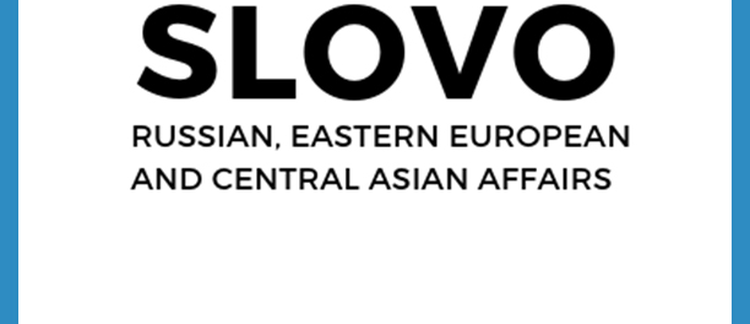Abstract
This article seeks to show how in an attempt to resolve the exclusion of the Russian Empire from the Western philosophy of history, a group of Russian Pan-Slavist intellectuals associated with the Slavic Benevolent Committee developed an alternative Slavic philosophy of history. According to this philosophy, the Russian Empire was not simply included into history but was identified as the harbinger of its completion, thereby reconceptualising it as a developed nation. In order to reconstruct the Slavic philosophy of history, I focus on the intellectual activity of the Slavic Benevolent Committee, 1858-1878, with an in-depth analysis of two publications: Cyrillo-Methodian Almanac (1865) and the first volume of the History of the Moscow Slavic Benevolent Committee (1871). Finally, I look at the ways in which the Moscow Ethnographic Exhibition 1867 was designed to reflect the Slavic philosophy of history.
Keywords: Pan-Slavism, Russian Empire, Philosophy of History, Slavic Benevolent Committee, Moscow Ethnographic Exhibition 1867, Hegel
How to Cite:
Bondarchuk, M., (2024) “The Role of Pan-Slavism in Modernising the Russian Empire: The Slavic Benevolent Committee and the Development of an Alternative Philosophy of History”, Slovo 36(2). doi: https://doi.org/10.14324/111.444.0954-6839.1647
Downloads>
Download Article
View
PDF

